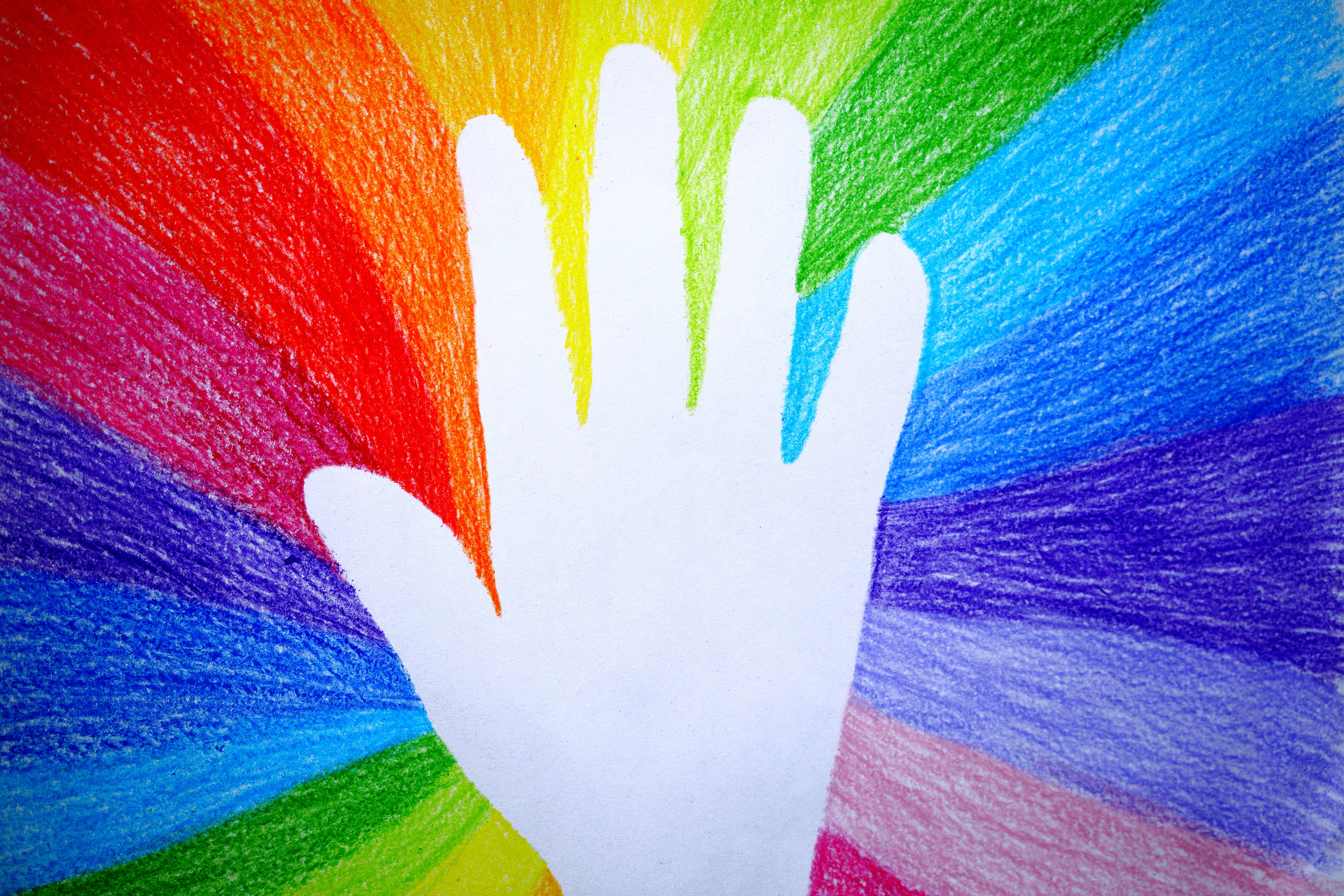
Traveling and Coping with Grief: Healing Through New Experiences
Traveling can be an effective means of getting well and overcoming grief. It provides a fresh perspective, brand-new encounters, and the chance to deal with your emotions in a new setting. Traveling can be a life-changing event that aids in healing and grief management. Travel can offer a healing and reviving environment for the mourning process, even while it cannot completely take away the sadness of losing a loved one. Anecdotal experience and research both point to the benefits of travel for people going through a difficult time.
Here are some ideas and things to keep in mind when using travel as a way to recover via new experiences, keeping in mind that everyone's journey through grief is different:
Prepare carefully:
Pick a place that has special meaning or resonance for you. It can be a location you've always wanted to visit or one that makes you think of a special someone.
Plan your vacation based on how comfortable you are. Choose what seems right for you, whether it's a solo trip, a vacation with close friends or family, or even a group tour.
Give yourself permission to grieve:
Recognize that pain never takes a holiday. It's okay if you occasionally feel depressed or nostalgic while traveling. Accept those feelings as a necessary component of your rehabilitation and adaptation ability.
Make time on your trip to reflect. You can process your emotions by writing in a journal, engaging in meditation, or just remaining still.
Travel can provide a secure setting for grieving and expressing feelings. It may be simpler to open up and let go of suppressed feelings when you are away from familiar surroundings and people.

Embrace the outdoors:
The benefits of being in nature can be enormously therapeutic. Think about locations where you can go hiking, beachcombing, or just relax and take in the scenery.
You can connect with your emotions in a serene setting by spending time in nature, which can bring you a sense of calm and comfort.
People who travel can escape their regular habits and environments, which can be a welcome adjustment. It offers a chance to step back from the loss's reminders and presents a fresh viewpoint.
Remember and honor:
Make the most of the opportunity to remember your loved one while traveling. This could be paying a visit to a location they cherished, erecting a memorial, or engaging in a special ritual.
Bring a souvenir or relic with you so you can keep your memory close while traveling.
Having a group of people to travel with can help people connect and support one another. It might be reassuring to share new experiences and recollections when you're grieving.
Accept fresh experiences:
You can experiment and push yourself beyond your comfort zone when you travel. You can develop your resilience and sense of accomplishment by taking on new hobbies.
To broaden your horizons, think about engaging in regional cultural activities or experimenting with different foods.
Being in a natural environment, such as a forest, beach, or mountain range, can be peaceful and healing for the mind. It can be healing to experience a sense of tranquility and connection in nature.

Seeking help:
Trying new foods, taking part in cultural activities, and meeting new people are frequent travel-related activities. These encounters can be exciting, joyful, and diverting, all of which are good for folks who are grieving.
If you feel safe doing so, express your emotions to fellow travelers or locals you encounter. Sharing your pain with others can occasionally be a source of solace and compassion.
While you are away from your regular support network, you might still benefit from online support groups or therapy sessions.
Record your travels:
To record your new experiences and feelings, think about maintaining a trip notebook, blog, or photo album. This could be a priceless reminder of your recovery process. A sense of completion and purpose can be especially essential for those who are struggling to find meaning after a loss, and planning and carrying out a trip can offer both of these things.
Engage in self-care:
Prioritize self-care because traveling can be physically and emotionally taxing. Get enough rest, eat healthily, and partake in relaxing and revitalizing activities.
Don't overwork yourself; rest when necessary.
Exercise while traveling, such as hiking, swimming, or walking around new sites, can release endorphins and enhance general well-being, which can be especially beneficial during the grieving process.

Adaptation ability:
Be flexible with your plans. The greatest memorable experiences may result from unplanned events or fleeting interactions.
Allow yourself the freedom to change your plans according to how you're feeling each day. Travel can test a person's ability to adjust to unfamiliar surroundings and circumstances, which can assist in developing resilience and coping mechanisms. These abilities can be helpful while coping with loss.
If needed, seek professional assistance:
Seeking help while traveling or anywhere else is not a shameful thing. Don't be afraid to contact a mental health expert if your grief overtakes you while you're traveling. Even if you are away from home, they can still offer advice and support.
Conclusion:
While there are many advantages to traveling and having new experiences for individuals going through sorrow, it's important to keep in mind that everyone's path through grieving is different. While some people may find peace in travel, others may favor various forms of therapy.
It's crucial to seek help from a therapist or counselor if grieving becomes too much to handle. A balance must be struck between seeking diversions seeking help and allowing oneself to grieve as necessary.
Additionally, prior to making any travel arrangements, it's important to take into account specific conditions, such as one's physical health, available money, and travel limitations, especially in light of any ongoing international events like the COVID-19 pandemic.
